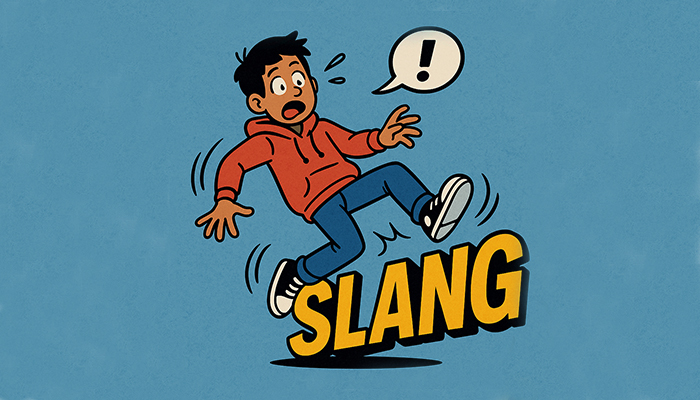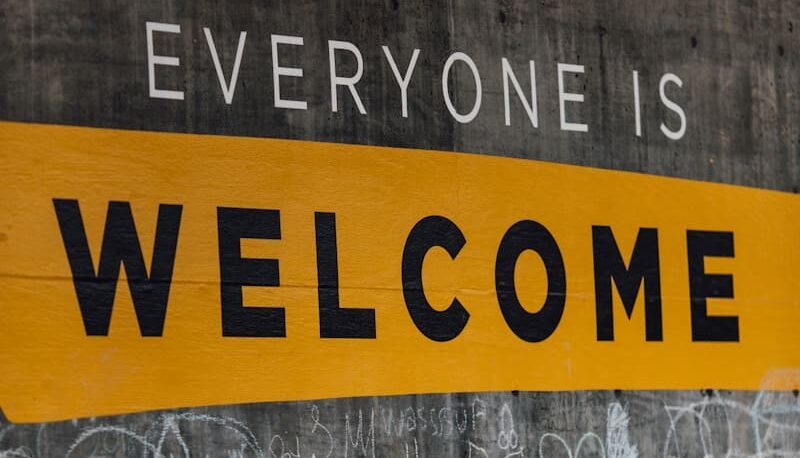The word ‘transcreation’ is a portmanteau phrase that fuses the terms ‘translate’ and ‘creation’ to describe the process of translating concepts and ideas rather than the basic translation of language.
Successful transcreation maintains the existing style, tone, intent and emotional impact of the content, meaning it may involve a complete reimagining of the original material to ensure it successfully resonates with a different culture. Read on to learn about the biggest differences between translation and transcreation.
1. Transcreation is Mainly Used for Marketing and Advertising
Transcreation mainly applies to the world of advertising and marketing, which focuses on ideas, rather than things like technical manuals, documents or contracts, for which basic translation is more appropriate. The ‘creation’ part of the word is a big clue as it’s a discipline mainly used within the creative industries. Because advertising and marketing campaigns often appeal to people’s emotions and feelings, it is more important to translate the look and feel of the source material rather than offering a straightforward translation of the words. Transcreation is sometimes also referred to as ‘creative translation’, ‘cross-market copywriting’ or ‘cultural adaptation’ because of this.
2. Transcreation Specialists are Experienced Writers
Because transcreation requires a large amount of creativity, the people who specialise in it are often experienced, copywriters or content writers. They will have worked within advertising or marketing and be experts in developing effective messages and campaigns. Transcreation specialists need to be excellent copywriters as it usually requires them to create a completely new text tailored to the target market rather than translating a source text from one language to another.
3. Transcreation Requires a Clear Brief
Simple translation is straightforward and requires little in terms of briefing, and any preliminary meetings are likely to focus on deadlines and cost. However, a transcreation project will need a clear and exhaustive brief that lays out the company strategy, brand positioning and brand style so that the writer is able to understand what is needed and create content that appeals to the target market. It is a much more complicated and involved process than simply giving a translator the source text and leaving them to get on with it, as the client needs to provide the transcreation expert with a lot more detailed information.
4. Transcreation Experts Must Understand Cultural Differences
To be able to create messages or campaigns that resonate with the target audience, the transcreation expert must have a deep understanding of the culture they are aimed at. Different cultures have different quirks, idioms and wordplay that can make a big difference to how a message is received. They also have different sensitivities, which can damage a brand or business if they aren’t respected. Transcreation requires a real understanding of the source material’s culture and the culture it is being translated for to ensure that the message’s meaning and desired impact are successfully conveyed.
5. Transcreation Isn’t Just About Text
Transcreation goes further than adapting the text of an advertising or marketing campaign and will also consider design elements such as images and colours. A transcreation agency will also advise on the look and feel of a campaign or creative asset to ensure it will be well received in the target culture and language. Some images, colours and symbols have very different meanings from one culture to the next, which could completely alter the tone of the message or even be highly offensive. Because transcreation specialists understand the culture, they can make recommendations for change to these items if necessary, ensuring that your campaign doesn’t accidentally hit a wrong note.
6. Transcreation Costs More
Alongside being a qualified translator, transcreation experts are also trained, copywriters. This means that they will be more expensive to hire than a basic translator. As well as requiring a more experienced and well-paid linguist and copywriter, transcreation takes more time than more straightforward translation jobs. Transcreators need to spend time learning about your brand and being properly briefed before they even begin work on your campaign. They are essentially beginning a project from scratch and creating brand new assets, which may require several meetings with the clients to ensure what they are doing is correct. Transcreation takes time and therefore costs more money, but it is worth the investment as a successful advertising campaign will easily justify the cost.
Conclusion
It is often assumed that translation and transcreation are the same things, but the information above makes it clear that they are very different. While translation is suitable for ensuring a text is understandable from one language to another, transcreation makes sure the readers feel what the writer originally intended, be that humour, sadness or persuasion to buy a product.
Using an expert transcreation agency like Brightlines will ensure that your advertising and marketing campaigns have the same impact in every market you want to compete in.







